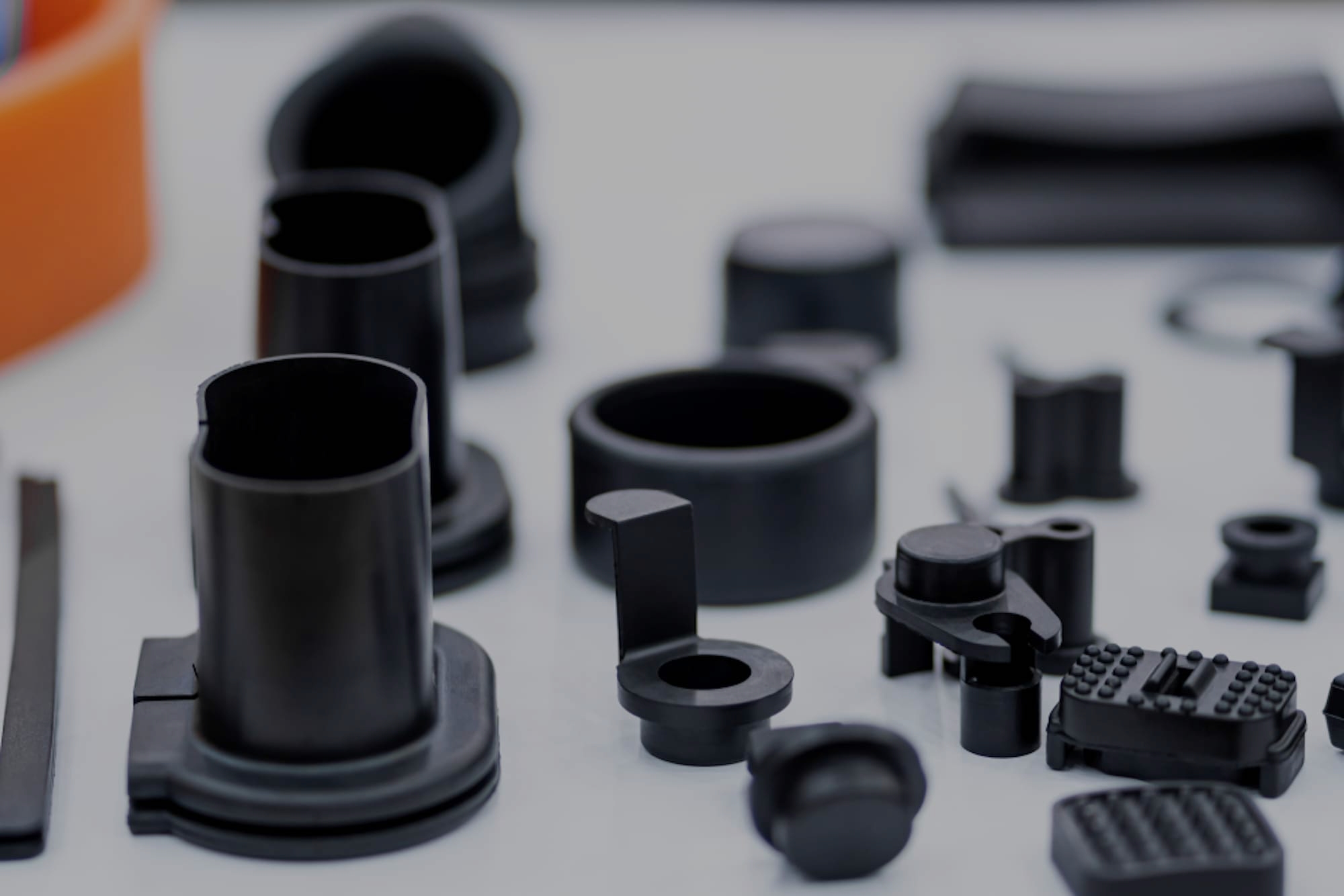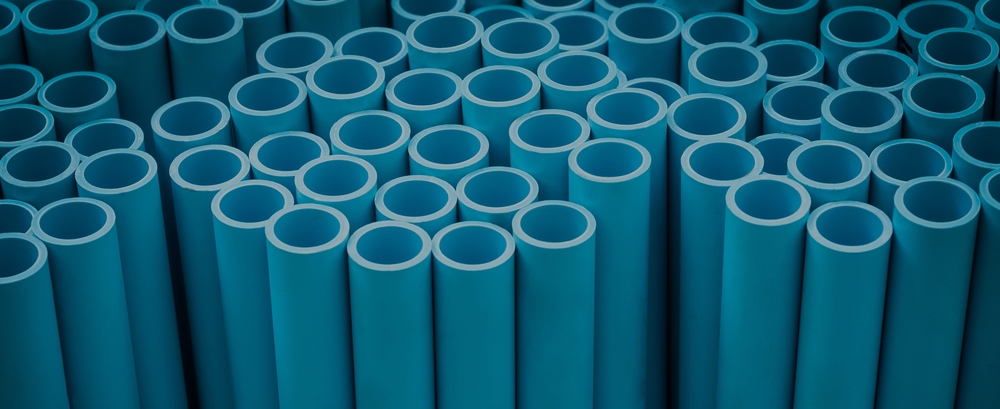Know Your Materials: MPU
Published on October 28, 2019
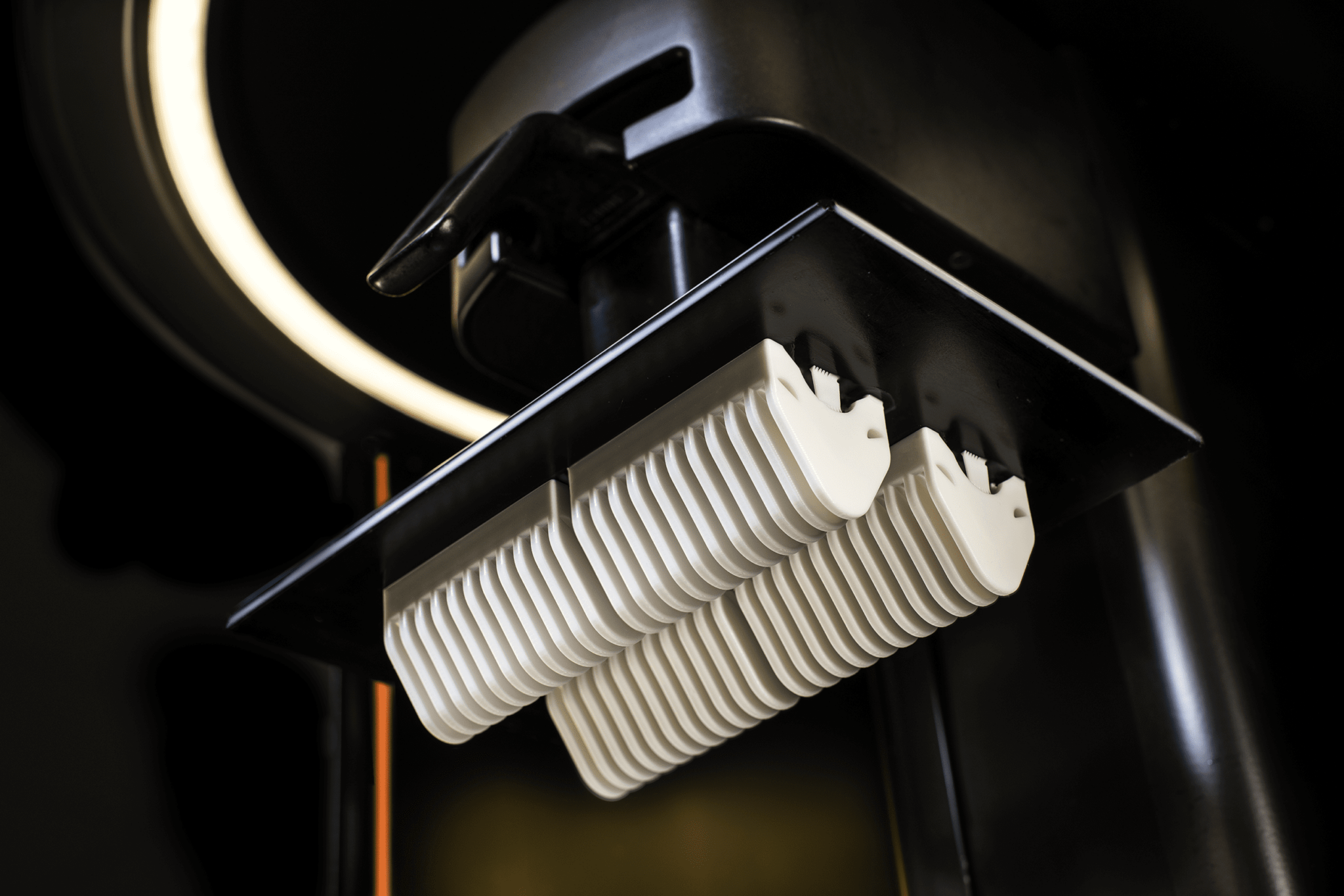
Previously published on fastradius.com on October 28, 2019
Multi-purpose Polyurethane (formerly Medical Polyurethane, known as MPU 100) is an additive material developed for Carbon’s ® digital light synthesis (DLS) process. This material’s characteristics include biocompatibility, sterilizability, and durability. Beyond medical applications, MPU 100 is also a good option for consumer products.
Mechanical Specifications
Offering a unique blend of biocompatibility, sterilizability, and durability, MPU 100 can be described as a two-component material that produces isotropic parts with fine features. Here we have broken down some of MPU 100’s key mechanical specifications:
- Ultimate tensile strength: 38 MPa
- Elongation at break: 25%
- Flexural Modulus: 1000 MPa
- Impact Strength (notched): 29 J/m
- Heat deflection temperature: 48 °C
Read the Carbon MPU datasheet for more information.
Biocompatibility
Carbon has performed biocompatibility testing, and MPU 100 met standards for USP-VI, ISO 10993-5, and ISO 10993-10. Please note: The manufacturer of the end-use part is always responsible for determining if the final part meets relevant biocompatibility requirements.
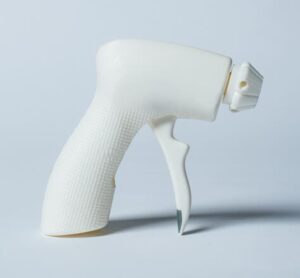
Why MPU?
Medical devices are in high demand, and MPU 100 allows engineers and designers to create those applications with the flexibility and safety they require. This engineering-grade material has excellent abrasion resistance and is compatible with ethylene oxide, e-beam, and gamma sterilization methods. MPU 100 is also compatible with common disinfectants and maintains its biocompatibility post-sterilization. A certificate of analysis and master file with the FDA is also available for those seeking more information on MPU.
Popular Applications
Because of its unique qualities, MPU is best suited for medical products and devices, consumer health care products, and drug contact applications. Examples of end use parts being used today include single use surgical instruments, skin contact applications, drug contact devices (e.g., inhalers, auto-injectors, pill bottles, bioprocessing devices), and medical equipment system components.
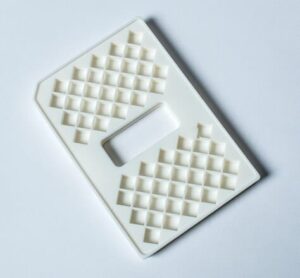
Getting Started With MPU
SyBridge Technologies is dedicated to making new things possible. Our team of highly qualified engineers can help clients adjust and modify their designs to produce high quality parts. If you’re interested in learning more about MPU 100 — including possible lead times or design considerations for your next application — contact us today.

